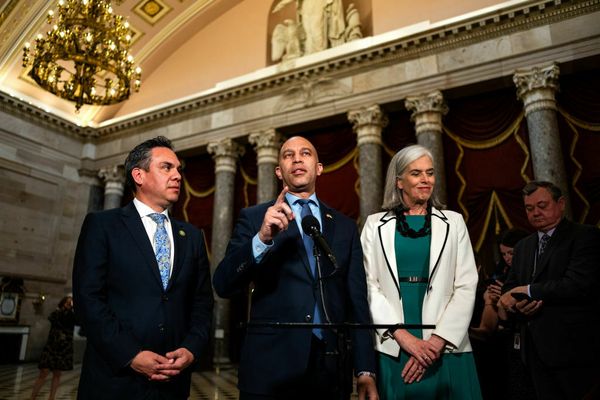
On the night Donald Trump was elected the next US president, one of his fellow nationalist populist politicians chose to implement chaos in a land not famed for order. In a surprise TV address Narendra Modi, the Indian prime minister, announced that all 500- and 1,000-rupee notes would be withdrawn immediately from circulation. At a stroke Mr Modi rendered 86% of currency worthless outside a bank branch. Old notes would have to be exchanged for limited supplies of new currency. It was justified as a move designed to fight corruption and target people who have been dodging taxes by holding stockpiles of cash, known in India as “black money”.
Many initially saw the withdrawal of banknotes as a price worth paying to eliminate graft. The short-term impact of “demonetisation” has been dramatic: the $2 trillion Indian economy will shrink. The rich will not suffer, as corruptly acquired fortunes have almost all been converted to shares, gold and real estate. But the poor, who make up the bulk of the nation’s 1.3 billion people, will lose out. They don’t generally have bank accounts and are often paid in cash. For them, getting to a bank and queueing for hours will cost money and time they don’t have. In less than a week the policy has reportedly claimed more than a dozen lives. The government says that it will take weeks to sort out the problems.
Demonitisation is not new in India, which last tried it in a smaller way in 1978. The result then was higher bank deposits and a bump in the tax take. Yet the scale and speed of Mr Modi’s scheme has more in common with the failed experiments of dictatorships which led to runaway inflation, currency collapse and mass protests. While Mr Modi campaigned to end corruption, it would have been better if the government had updated its antiquated tax system to realise such a task.
But slower, incremental reforms do not make headlines. They do not instantly hit the war chests of political rivals in upcoming state polls. Mr Modi, a Hindu nationalist, was for a decade an international pariah over his alleged role in the mass murder of Muslims in a region he once administered. He wants to be known for something else. President-elect Trump offers an opportunity to recast himself. Two years ago Mr Trump’s svengali, Steve Bannon, described Mr Modi’s victory as part of a “global revolt”. But a looming cash crunch and an administrative crisis makes it look like the revolt might start at home.
• Comments will remain closed on this article







